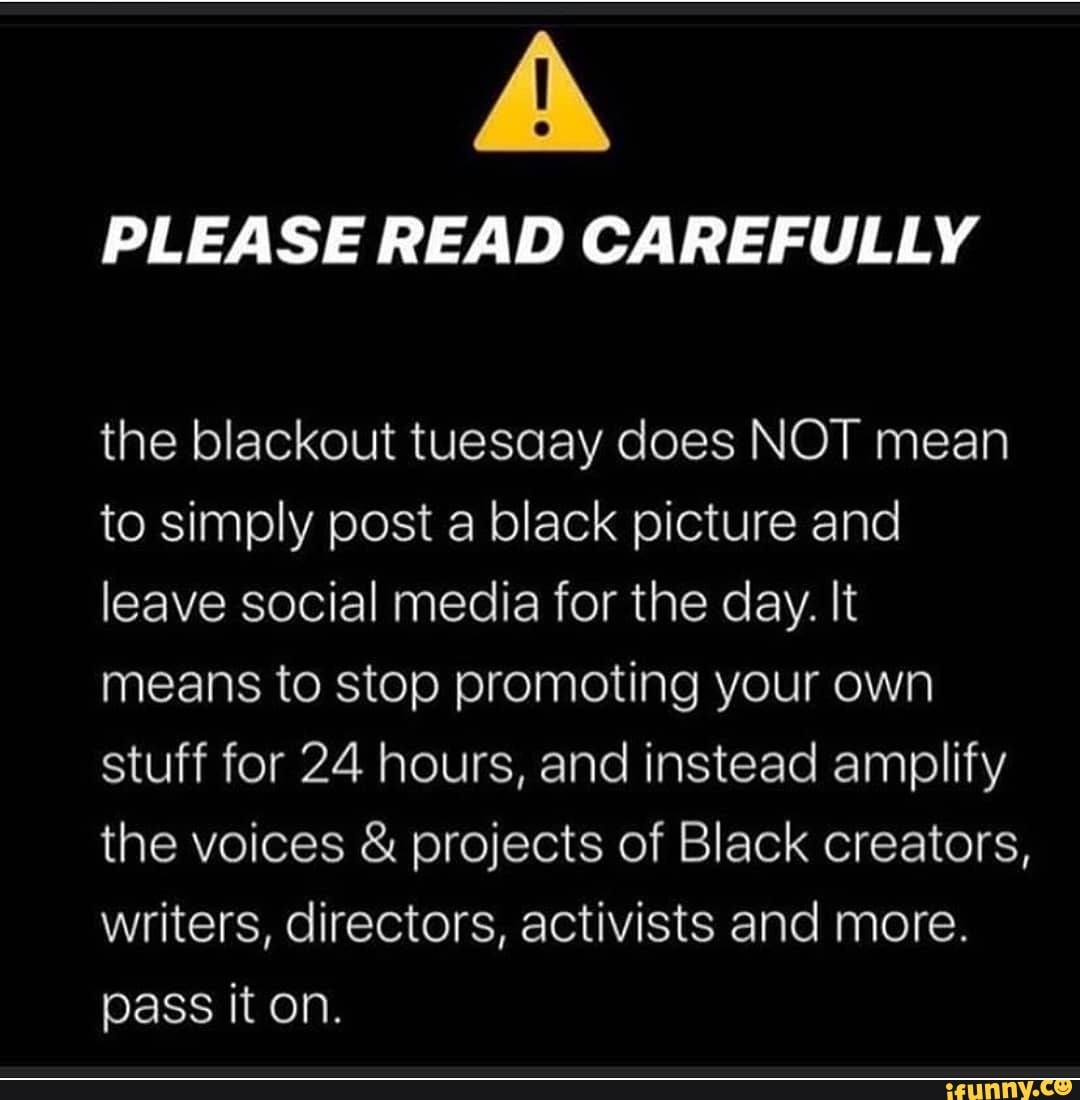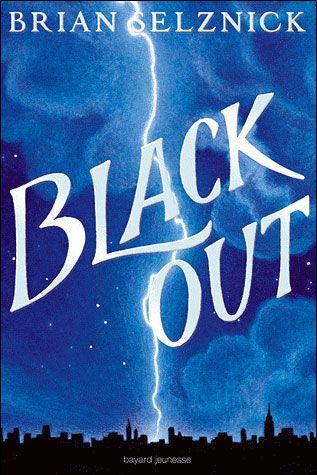
 En block or complete blackouts induce complete memory loss until the person’s BAC lowers enough for memory processing to start working again. There are two types of blackouts from drinking: Alcohol interferes with the conversion of short-to-long-term memories, as well as retrieval from long-term storage. It then does the same to convert short-term memories to long-term memories, which are then stored for later retrieval. Without the influence of alcohol, the brain processes sensory input through transfer encoding, forming short-term memories. Not everyone reacts to alcohol the same, but usually, someone’s BAC must reach about 0.14 percent for a blackout to begin - that’s almost twice the legal limit for driving. A high BAC makes it difficult for the brain to form new memories, leading to long periods of time in which someone is drinking and not remembering what they are doing or what is happening around them. It may also be referred to as “alcohol-induced amnesia.” Want to know what causes a drunk blackout? Binge drinking, which rapidly raises BAC, is what causes alcoholic blackouts. The term “blackout” refers to the loss of memory caused by a fast spike in blood alcohol level (BAC). Myths to Stop Believing About Alcohol Blackouts. Short-Term and Long-Term Effects of Blackouts.
En block or complete blackouts induce complete memory loss until the person’s BAC lowers enough for memory processing to start working again. There are two types of blackouts from drinking: Alcohol interferes with the conversion of short-to-long-term memories, as well as retrieval from long-term storage. It then does the same to convert short-term memories to long-term memories, which are then stored for later retrieval. Without the influence of alcohol, the brain processes sensory input through transfer encoding, forming short-term memories. Not everyone reacts to alcohol the same, but usually, someone’s BAC must reach about 0.14 percent for a blackout to begin - that’s almost twice the legal limit for driving. A high BAC makes it difficult for the brain to form new memories, leading to long periods of time in which someone is drinking and not remembering what they are doing or what is happening around them. It may also be referred to as “alcohol-induced amnesia.” Want to know what causes a drunk blackout? Binge drinking, which rapidly raises BAC, is what causes alcoholic blackouts. The term “blackout” refers to the loss of memory caused by a fast spike in blood alcohol level (BAC). Myths to Stop Believing About Alcohol Blackouts. Short-Term and Long-Term Effects of Blackouts. 
Signs and Symptoms of an Alcohol Blackout.Symptoms Associated With Different Levels of Intoxication.Who Is at Risk for an Alcohol Blackout?.

In this guide, we’ll explain the basics of alcoholic blackouts, what symptoms to look out for and what the risks are. About 26 percent of Americans 18 and older have engaged in binge drinking in the past month. Alcohol blackouts are poorly understood by most people because they don’t recognize the risks they or their friends face when they get blackout drunk.







 0 kommentar(er)
0 kommentar(er)
